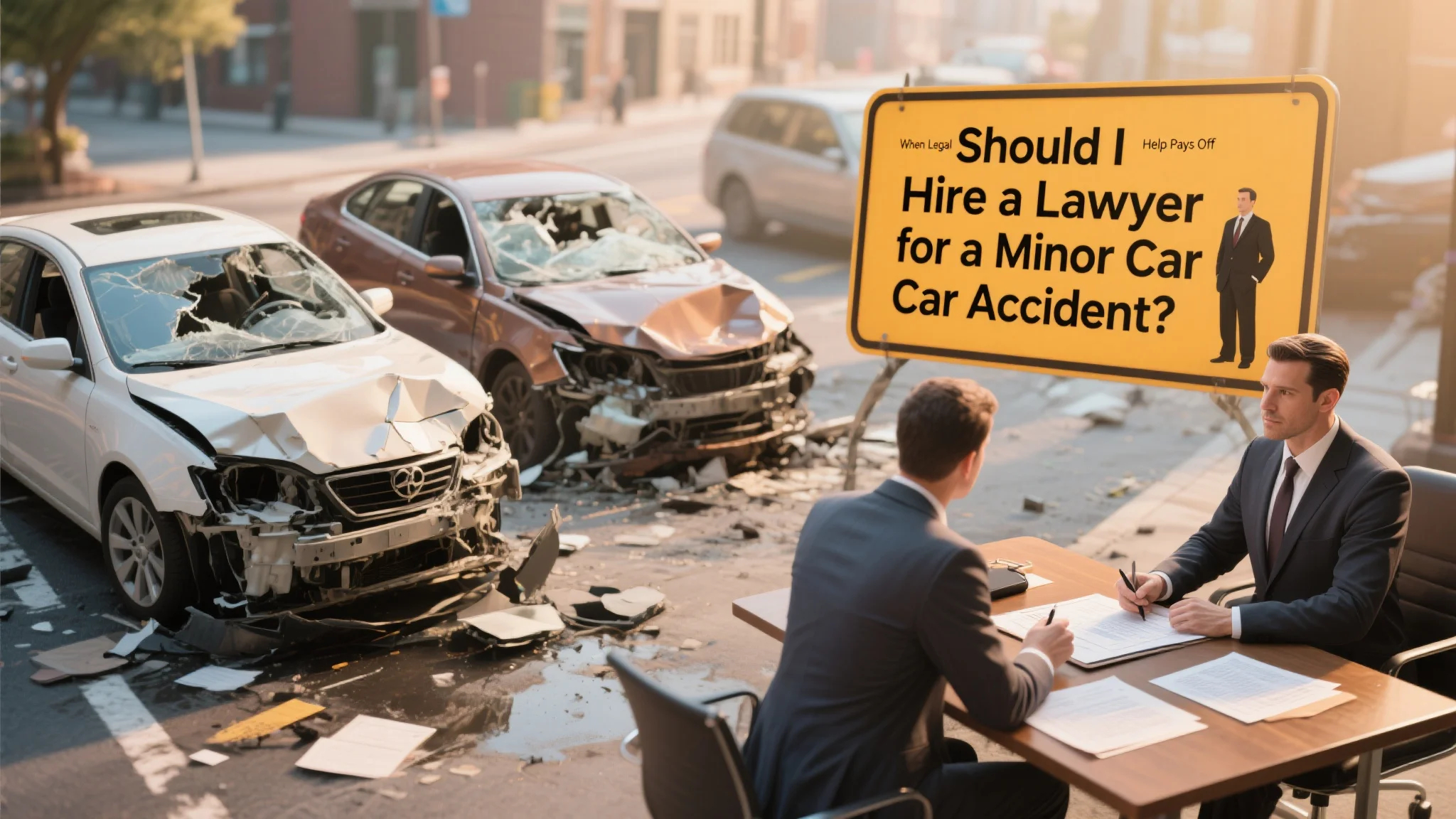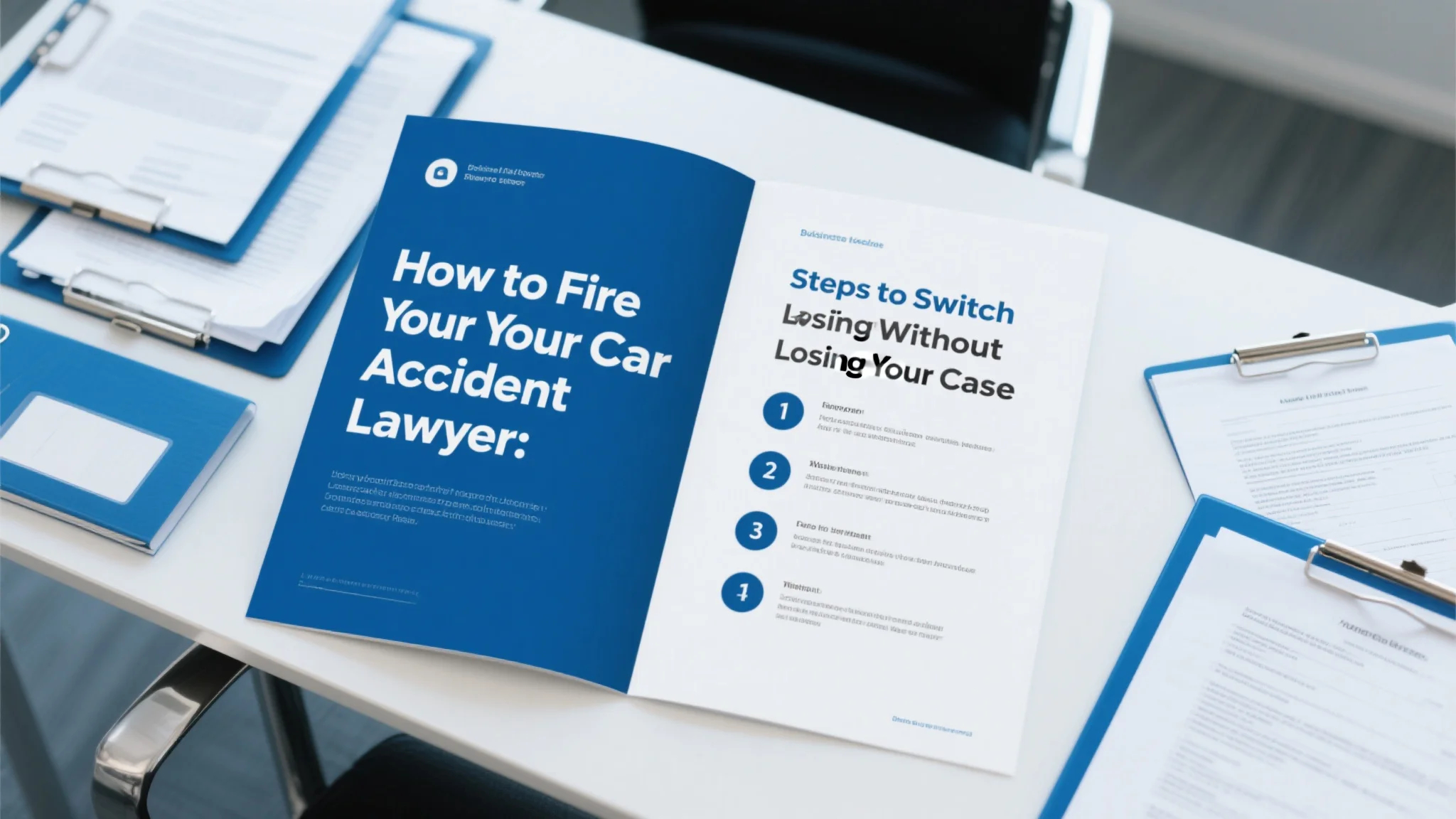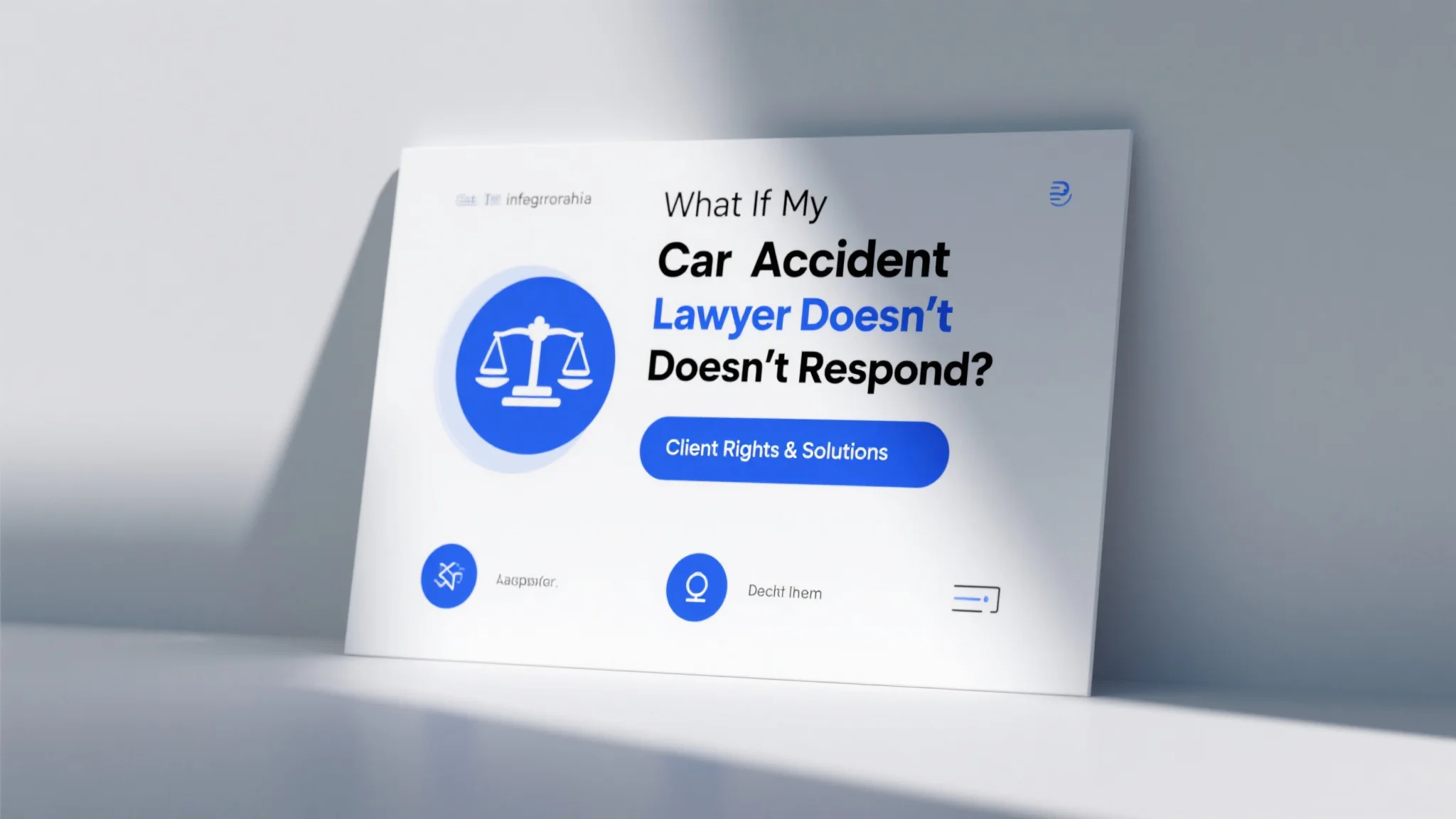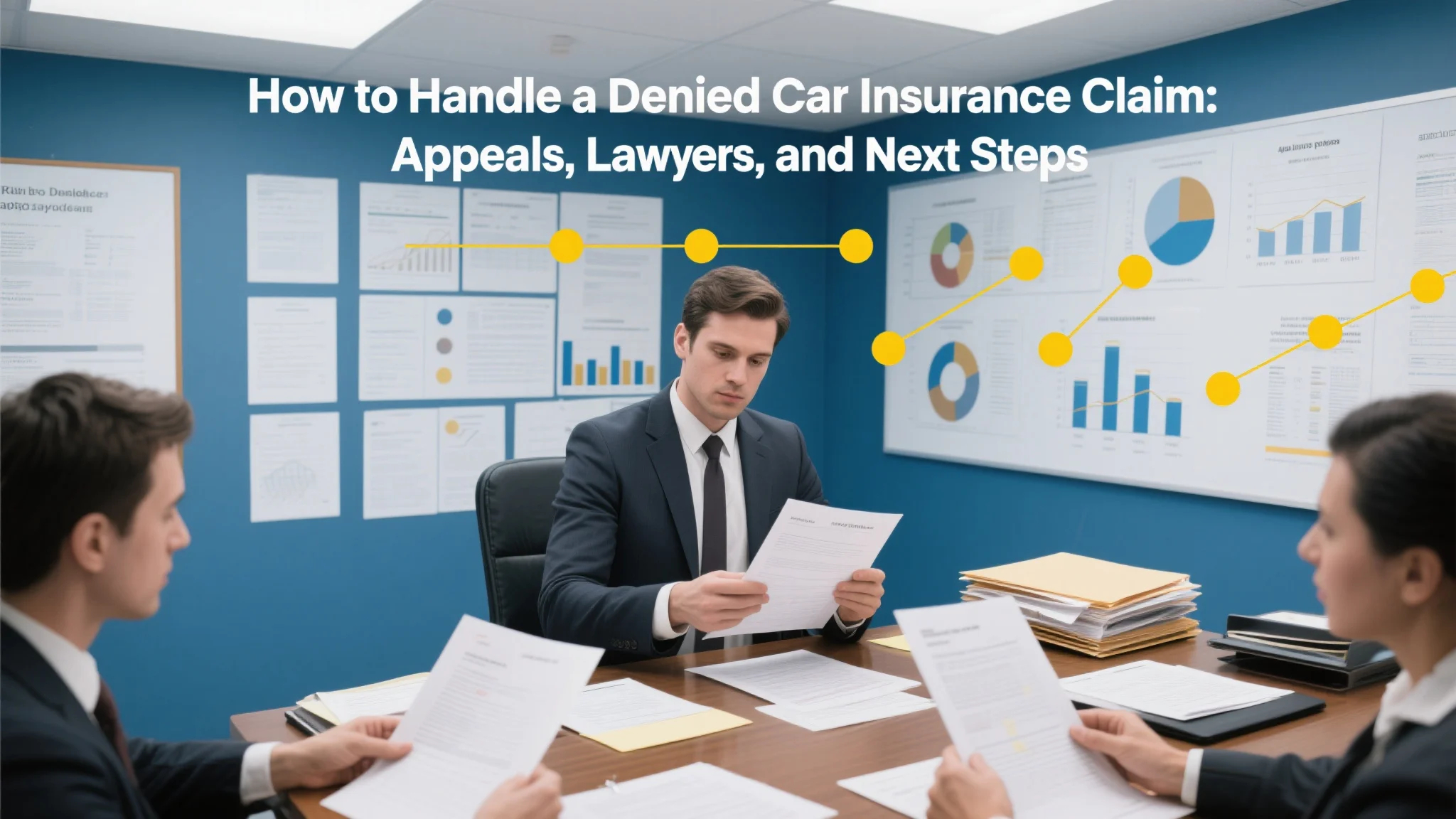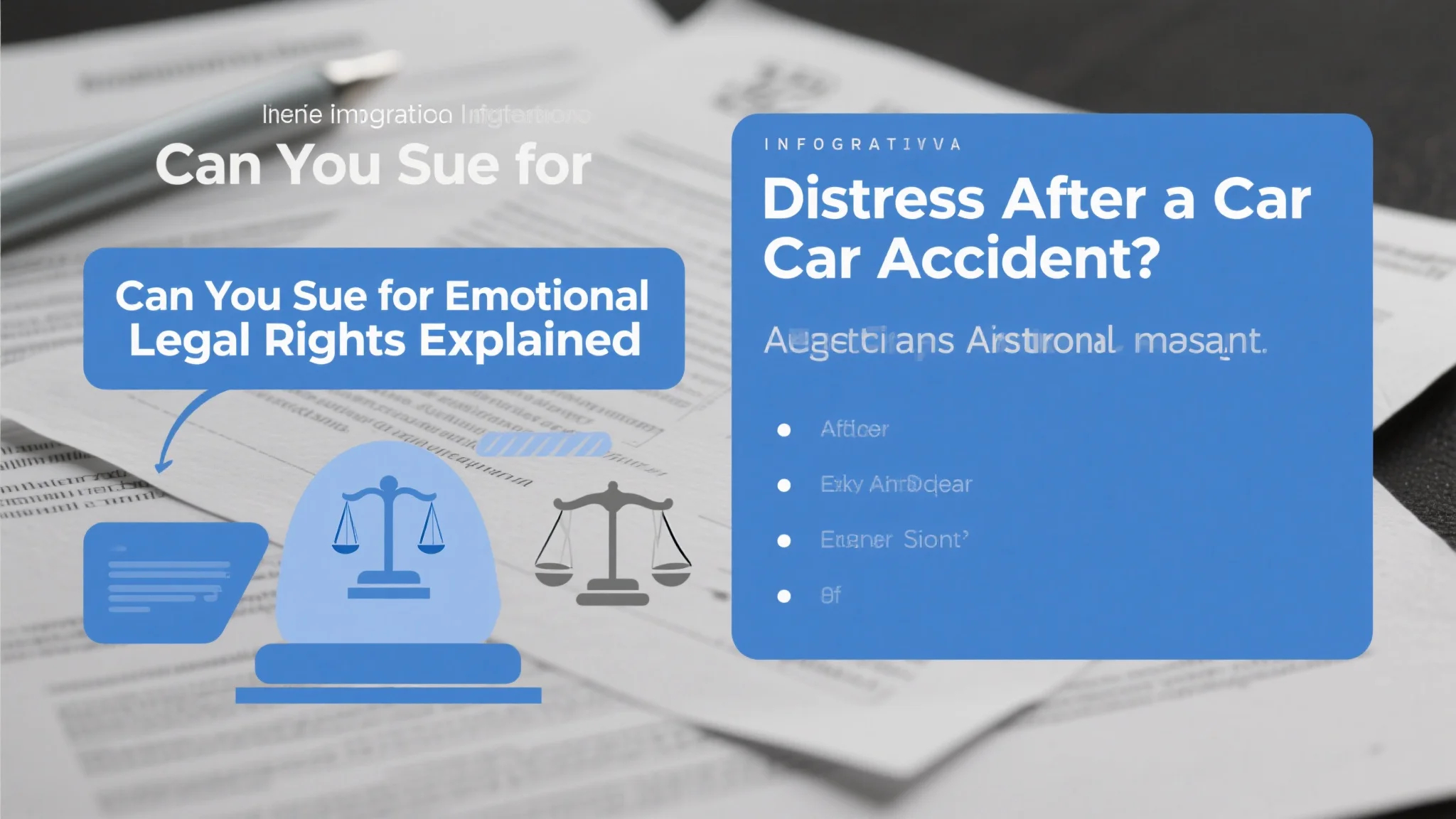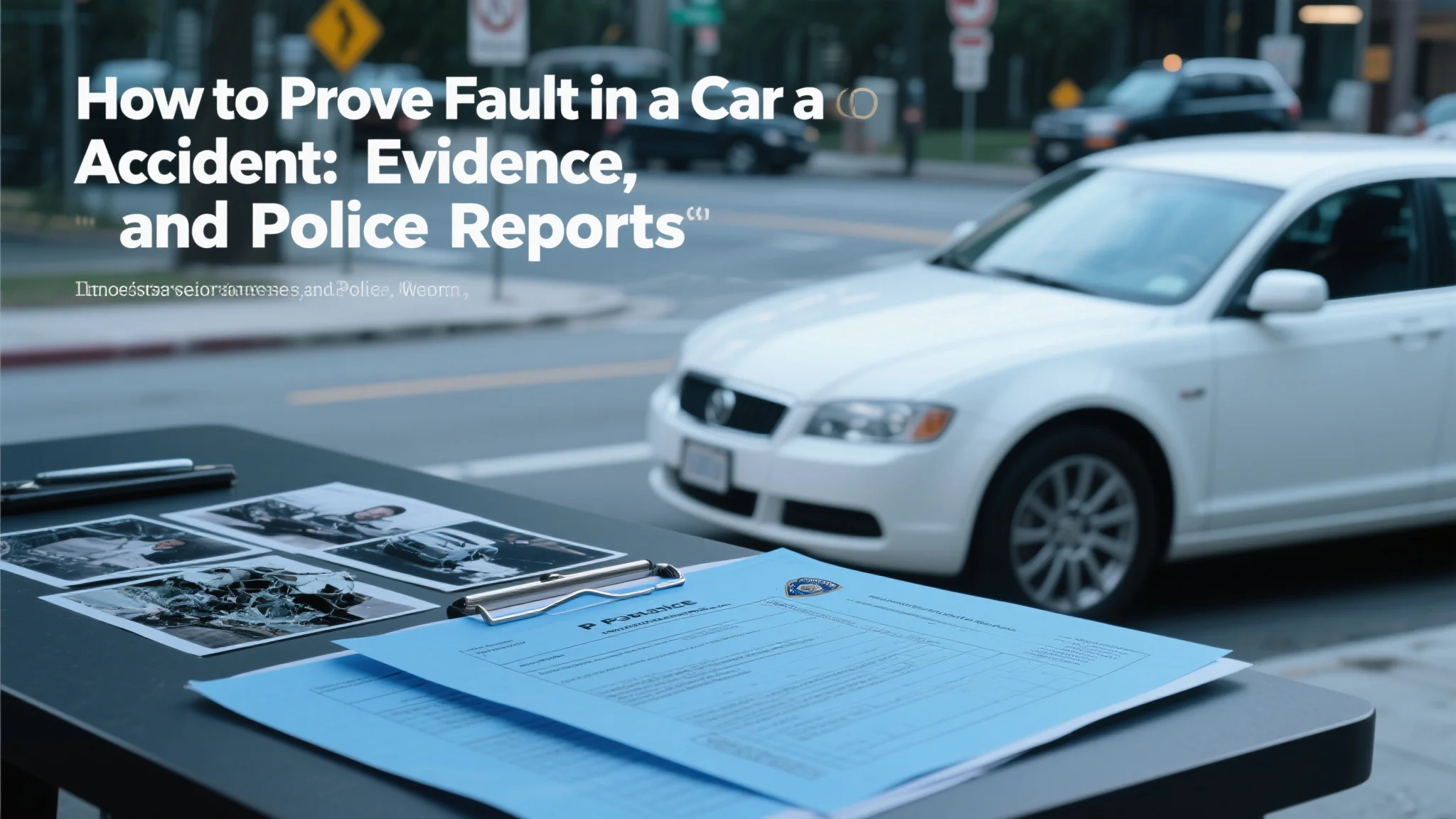When a Minor Accident Warrants Legal Representation
Many drivers wonder whether they need a minor accident lawyer after a fender bender. While minor crashes with no injuries and minimal property damage often don’t require legal intervention, certain circumstances make attorney involvement advisable. If the other driver disputes fault or their insurance company denies liability, legal counsel can protect your rights. Cases involving commercial vehicles, government entities, or uninsured motorists frequently benefit from professional representation. Even in minor accidents, pre-existing medical conditions that may have been aggravated by the collision often require legal expertise to properly value. Attorneys understand how to navigate complex insurance policy language and state-specific liability laws that laypersons might misinterpret. They can also identify when seemingly minor injuries might develop into chronic conditions warranting higher compensation.
Recognizing When DIY Settlement Isn’t Enough
Understanding when to hire attorney assistance prevents accepting inadequate settlements. Insurance adjusters routinely offer quick, lowball settlements hoping accident victims will accept before consulting counsel. These initial offers rarely account for all damages, especially for vehicle depreciation, rental car costs, or future medical needs. If the settlement offer doesn’t cover all your out-of-pocket expenses, that’s a clear sign to consult an attorney. Cases involving multiple vehicles, disputed traffic light sequences, or conflicting police reports often require legal intervention to establish fault. When injuries appear days or weeks after the accident (common with whiplash and soft tissue damage), having already accepted a settlement prevents seeking additional compensation. Attorneys know how to preserve your right to future claims through specific legal language in settlement agreements.
The Financial Realities of Minor Accident Claims
Contrary to popular belief, hiring a minor accident lawyer for small claims often makes financial sense. Most personal injury attorneys work on contingency, meaning they only get paid if you receive compensation. Their fees typically come from the settlement amount, not your pocket. Experienced lawyers can frequently negotiate settlements 3-5 times higher than what unrepresented claimants receive, more than covering their percentage. They handle all communications with insurance companies, saving you hours of frustrating negotiations. Attorneys also understand which damages insurers routinely lowball (like pain and suffering) and how to properly document these intangible losses. For minor accidents with clear liability and minimal damages, many lawyers offer flat-fee consultations to review settlement offers and advise whether they’re fair—often worth the few hundred dollars to avoid leaving thousands on the table.
Navigating Small Claims Court Without an Attorney
For truly minor accidents where small claim legal advice suffices, understanding your options helps. Many states limit small claims court amounts to $5,000-$10,000, designed specifically for self-represented claimants. Preparing for small claims requires meticulous documentation—repair estimates, medical bills, wage loss verification, and photographic evidence. Learn your state’s procedural rules regarding filing deadlines, serving defendants, and evidence presentation. Some legal aid organizations offer free clinics teaching small claims procedures. While attorneys typically can’t represent you in small claims court (by design), many provide affordable coaching on building your case. Remember that small claims judgments still require collection efforts—another area where legal advice proves valuable, especially when dealing with uninsured defendants or out-of-state drivers.
How Attorneys Value “Minor” Accident Claims
Experienced minor accident lawyer professionals assess cases differently than insurance adjusters. They consider not just current medical bills but potential future complications from untreated injuries. Even minor rear-end collisions can cause temporomandibular joint (TMJ) disorders or cervical spine misalignments that surface months later. Attorneys factor in the full impact on your daily life—missed family events, canceled vacations, or inability to perform household chores. They understand how to calculate diminished vehicle value (often 10-25% of pre-accident value) that insurers routinely omit. Legal professionals also recognize when aggressive negotiation tactics cross into bad faith insurance practices, grounds for additional damages. Perhaps most importantly, they know which experts to consult—accident reconstruction specialists, medical professionals, and vocational analysts—to properly value all aspects of your claim.
The Hidden Complexities of Minor Accident Cases
\p>What appears as a straightforward when to hire attorney decision often involves unseen complexities. Rental car coverage disputes, for example, frequently arise when insurers claim your vehicle could have been repaired faster. Towing and storage fees can accumulate rapidly if liability is disputed. Minor accidents involving leased vehicles often trigger complex contractual obligations most consumers don’t understand. Cases with multiple liable parties (like poorly maintained roads contributing to accidents) require legal expertise to identify all potential sources of compensation. Attorneys also handle subrogation claims from health insurers seeking reimbursement from your settlement—a process few accident victims navigate successfully alone. Perhaps most critically, lawyers prevent you from making statements to insurers that could jeopardize your claim, like admitting partial fault or speculating about injury causes.
When Insurance Companies Play Hardball
Even in minor accidents, insurers sometimes employ aggressive tactics making small claim legal advice essential. They may delay claims indefinitely, hoping financial pressure forces you to accept low offers. Some insurers dispute reasonable medical treatment as unnecessary, despite doctor recommendations. Others intentionally misinterpret police reports or witness statements to shift blame. When insurers demand recorded statements, they frequently ask leading questions designed to elicit damaging responses. Attorneys recognize these tactics and counter them effectively—filing bad faith claims when appropriate, demanding prompt responses through legal channels, and protecting clients from self-incriminating statements. They also know when to escalate matters to state insurance regulators or pursue litigation, options most consumers don’t fully understand. Having legal counsel often motivates insurers to negotiate more fairly from the outset.

Alternative Dispute Resolution Options
For minor accidents where traditional litigation seems excessive, minor accident lawyer professionals often recommend mediation. This informal process involves a neutral third party helping negotiate settlements, typically at much lower cost than court proceedings. Many attorneys include mediation clauses in retainer agreements, preserving this efficient option. Arbitration—another alternative—resembles a simplified trial but with relaxed evidence rules. Some insurance policies mandate arbitration for certain claims, processes where legal representation proves invaluable. These alternatives often resolve cases in weeks rather than months or years, with settlements frequently exceeding direct insurance offers. Attorneys understand which cases suit alternative dispute resolution and which require traditional litigation, knowledge that maximizes your compensation while minimizing time investment.
Protecting Your Rights Long-Term
The greatest value of consulting a when to hire attorney after minor accidents lies in future protection. Properly drafted settlement agreements include crucial provisions insurers won’t volunteer—like preserving your right to future claims if undiscovered injuries emerge. Attorneys ensure releases specify they only cover known injuries at signing, not potential future complications. They include language preventing insurers from sharing your claim information with industry databases that could affect future coverage or rates. Legal counsel also advises on tax implications of settlements, ensuring proper allocation between taxable and non-taxable damages. Perhaps most importantly, they create thorough documentation trails that prove invaluable if later disputes arise about the accident’s circumstances or your claimed damages. This long-term protection often justifies legal involvement even in seemingly minor cases.
Making the Attorney Decision Confidently
Armed with proper small claim legal advice, you can decide whether legal representation makes sense for your minor accident. Most personal injury attorneys offer free initial consultations, allowing you to understand your options without commitment. Ask potential attorneys about their experience with cases similar to yours—not just catastrophic injuries. Inquire about their fee structure (typically 33-40% of recovery), case resolution timeframe, and communication practices. Understand what costs they advance (like filing fees or expert reports) and whether these get reimbursed from settlement or separately. Reputable attorneys will honestly assess whether your case warrants their involvement or if small claims court suffices. Remember that hiring counsel doesn’t necessarily mean litigation—most cases settle through negotiation, with attorneys earning their fee by securing substantially better outcomes than you’d achieve alone.
